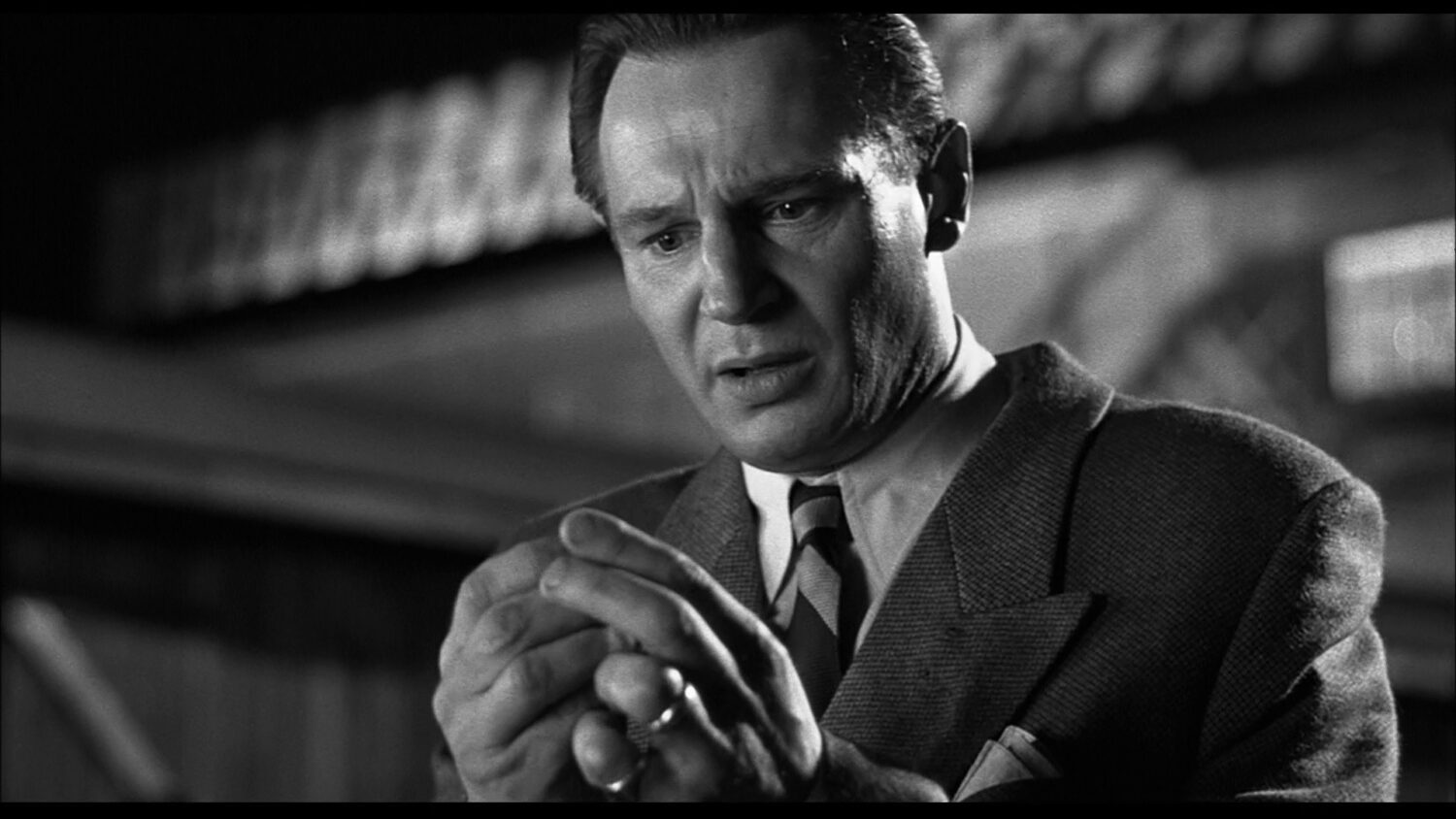
What is the Rosary?
Learn about the Rosary and how to get the most out of it.
The Joyful Mysteries
Your virtual Rosary with intentions, scripture, and videos to help you pray and meditate on the Jesus’ birth and childhood.
The Luminous Mysteries
Your virtual Rosary with intentions, scripture, and videos to help you pray and meditate on Jesus’ public ministry.
The Sorrowful Mysteries
Your virtual Rosary with intentions, scripture, and videos to help you pray and meditate on Jesus’ Passion and Crucifixion.
The Glorious Mysteries
Your virtual Rosary with intentions, scripture, and videos to help you pray and meditate on Jesus’ Resurrection and Mary’s Queenship in Heaven.
Books and Resources
Download eBooks and watch videos to help you unlock the power of the Rosary.
Book Review: Exogenesis
After reading epic, multiple-volume science fiction sagas like Dune and Foundation, I picked up Exogenesis by Peco Gaskovski. It’s an…
Don’t Waste the Chance to Save a Soul
Schindler’s List is a movie about the Holocaust in World War II and a German businessperson’s fight to save the…
Should We Pray the Hopeful Mysteries?
I came across this article on Catholic Exchange about a new set of Rosary mysteries — The Hopeful Mysteries. These…
We Must Remain Forever Vigilant
Lessons from the High Seas: Embracing WWII Discipline I completed reading The Good Shepherd. The book tells a gripping tale…
“Wake Up!” Jesus Knows We Can Do Better
“Could You Not Watch with Me for One Hour?”: The Relevance Today As we enter Holy Week, let’s reflect on…
Personalize the Hail Mary with Intentions
One thing I try to do with RosaryMeds is introduce people to new ways of praying and thinking about Rosary…






